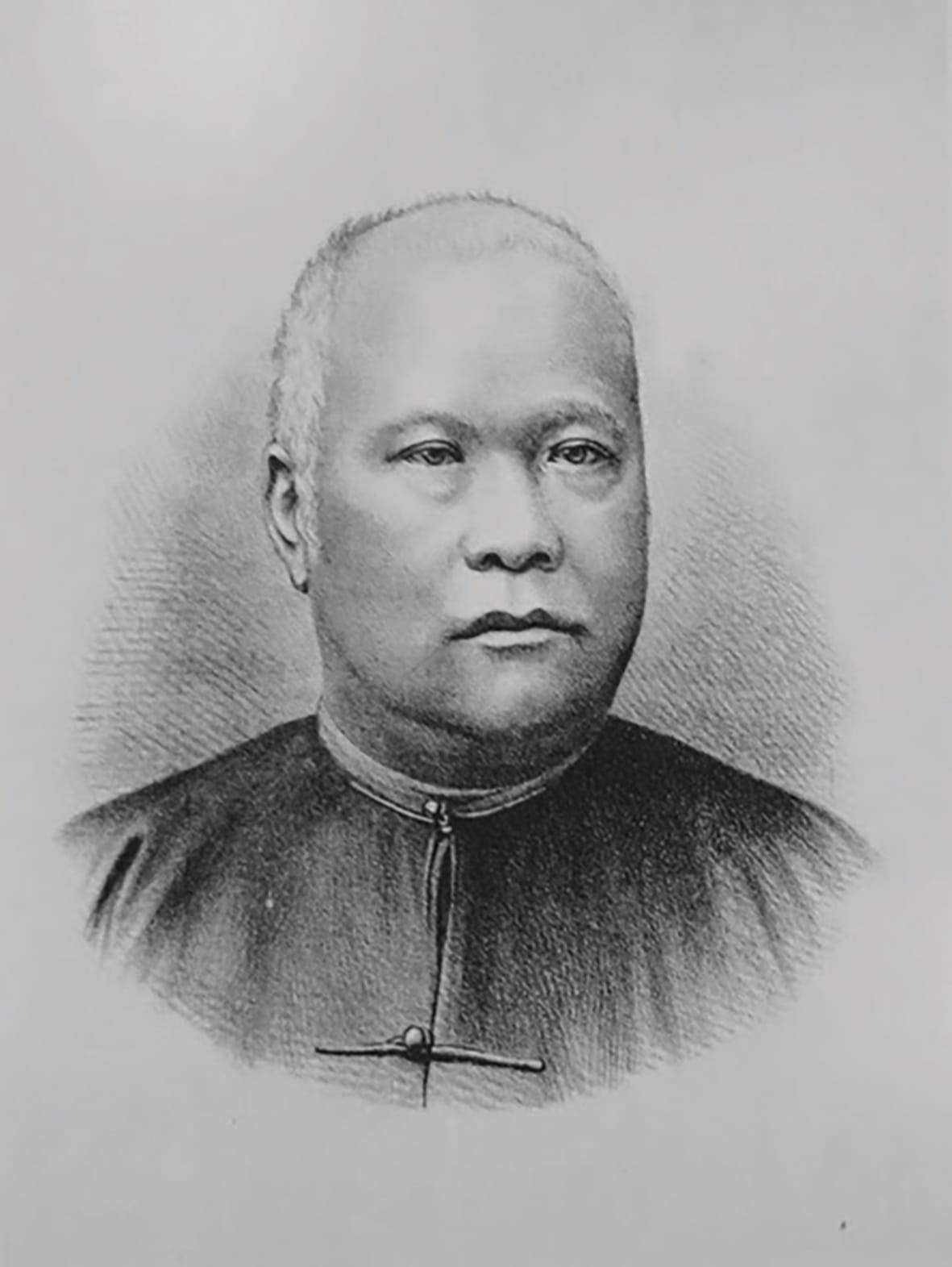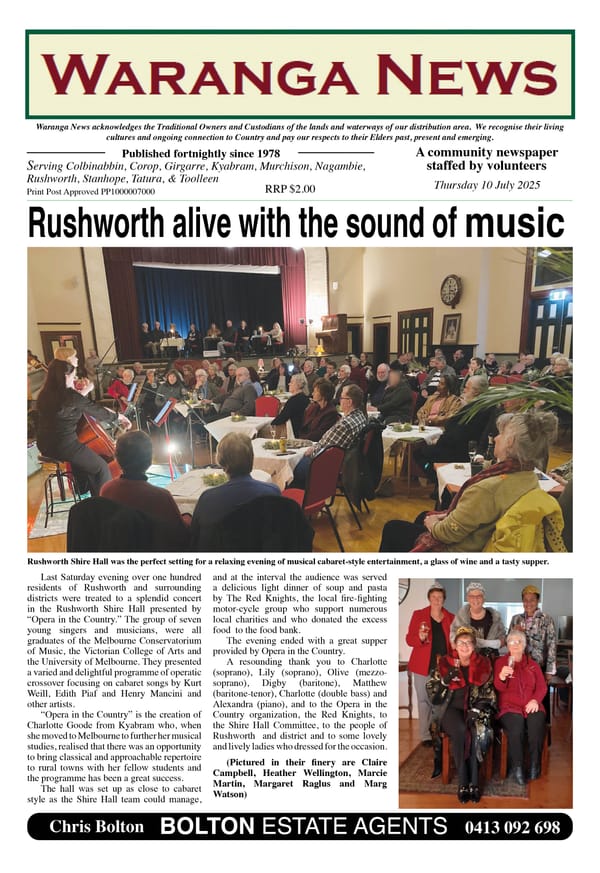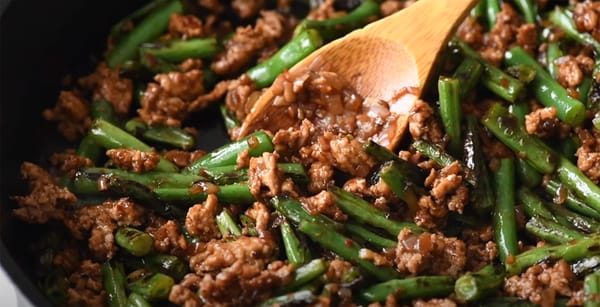16. A surprising sight

When the traveller in the previous story was traversing the Waranga area in the late 1860s, he came across a Chinese hutkeeper on the Waranga Park station. Around the hut was what could only be described as an astonishing sight. “Judge my surprise at seeing suspended from the branches (of dead, ringbarked trees) hundreds of iguanas in various stages of drying. These were not small, but varying from 3 ft to 4 ft (1-1.3 metres in length) and over.”1
What he was seeing, of course, were dead goannas, or lace monitors. If the numbers quoted are accurate, then goannas must have been very common at the time. These days, it is a relatively rare occurrence to see a goanna in the bush around Rushworth. Prior to colonisation, they were hunted by the Ngurai-illum Wurrung, the local Aboriginal people, as a food source. Perhaps the fact that the number of these people had dropped dramatically after colonisation, through murder, disease and dispersal, meant that the main predators of goannas were no longer there. Numbers may have burgeoned as a result, making the collection of the goannas by the Chinese hutkeeper an easier task than it would otherwise have been.
USES OF GOANNAS
Naturally, the traveller asked the hutkeeper why he was killing and drying so many goannas. He “informed me that after they were thoroughly dry, he consigned them to Kong Meng, a Chinese merchant in Melbourne in those days, who shipped them to China, where they were ground up and converted into medicine.”1
Apart from the hutkeeper earning himself some extra income on the side, this story points to other roles played by Chinese immigrants during colonial times. Some were clearly merchants who, amongst other things, traded goods to the Chinese miners on the goldfields. They also saw opportunities to export Australian products to China, something that has been done ever since.
KONG MENG
Lowe Kong Meng was the antithesis of the image of the poor Chinese peasant coming to Australia, saddled with debt and seeking his fortune. He was already wealthy when he arrived in 1853 and was fluent in English and French. Briefly trying gold mining, he quickly abandoned that risky pursuit. Setting himself up as a highly successful businessman in Melbourne, he had fingers in many pies, including transporting and trading goods to and from Australia and arranging for ships to bring Chinese immigrants to the country.

Kong Meng was influential in Melbourne and beyond. “A popular and enlightened leader in Melbourne's Chinese community, Kong Meng supervised Chinese clubs, settled disputes among his countrymen, helped them to find work and urged them to respect the British flag, law and justice.”2 He took up the political causes of his countrymen who were treated harshly under Draconian laws aimed at limiting the amount of Chinese immigration to Australia.
“Despite his attitude towards the immigration issue, Kong Meng was far from unpopular and was elected by the Victorian government as a commissioner for the Melbourne Exhibitions in 1880 and 1888. Contemporary Australian writers described him as 'cultured', 'superior', 'influential' and 'highly esteemed', a gentleman with an 'exceedingly generous disposition' who 'gave liberally to churches and public charities, without respect to creed and denomination'.”2
CHINESE DOCTORS
The story about the goannas suggests that the Chinese in Australia were able to bring specific medical knowledge to this country, while using locally sourced raw materials to produce medicines. Some of the medicines were produced and sold locally.
A source of employment for some of the Chinese who emigrated would have been in the field of medicine, where they would be able to tend to the needs of their countrymen, and to a lesser extent, some Europeans. The traveller mentioned in these stories visited one such Chinese doctor in Ballarat in the 1870s. As a result of the smell coming from the doctor’s laboratory (“more pronounced that any bone-mill and guano-shed rolled into one, with the aroma from the Yarra, below the West Melbourne swamp…thrown in”1) he did not try the medicine. However, he conceded that the doctor “was considered very clever, and had made some great recoveries, especially with cancer.”1
Sources: 1 Launceston Examiner 31.3.1899 p4; 2 Australian Dictionary of Biography website




